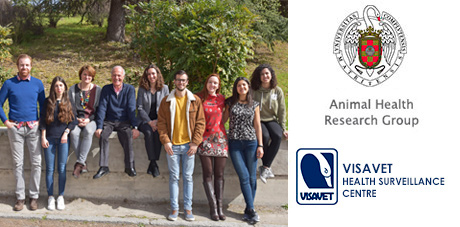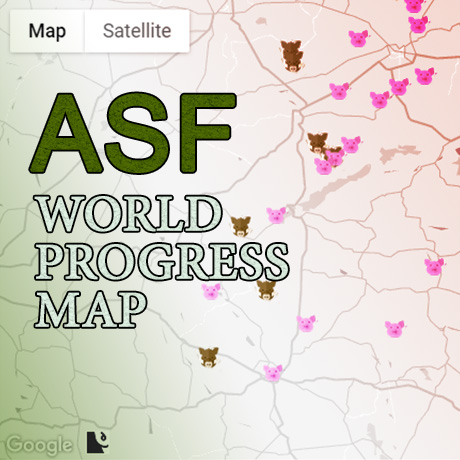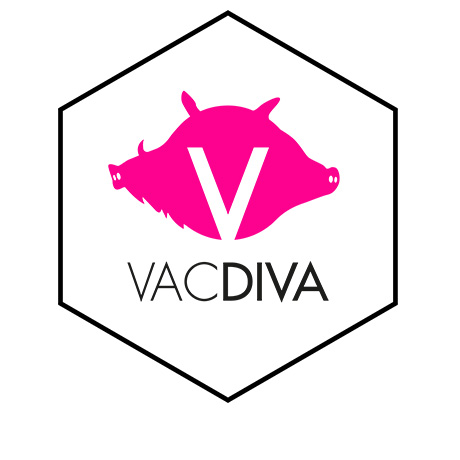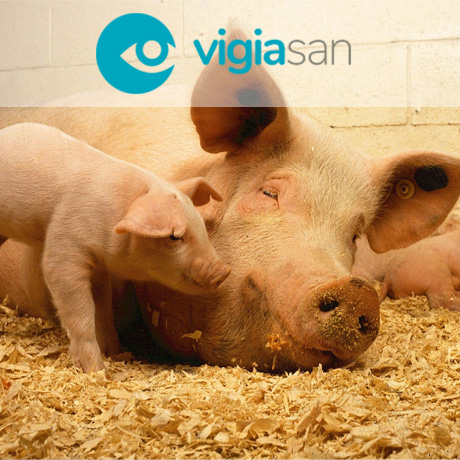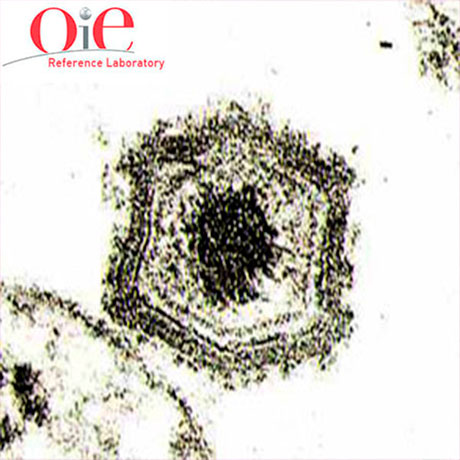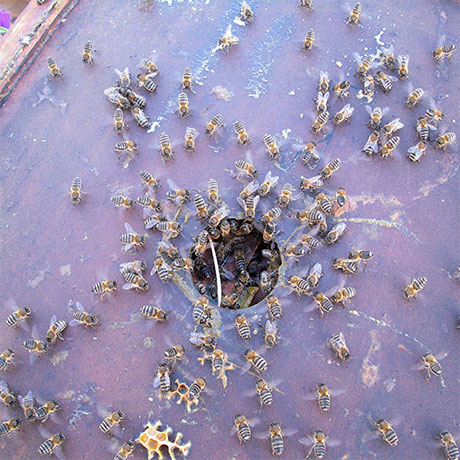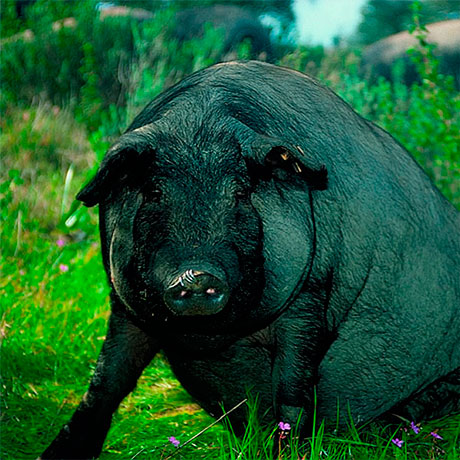New scientific article published in the Scientifc Reports of Nature research magazine
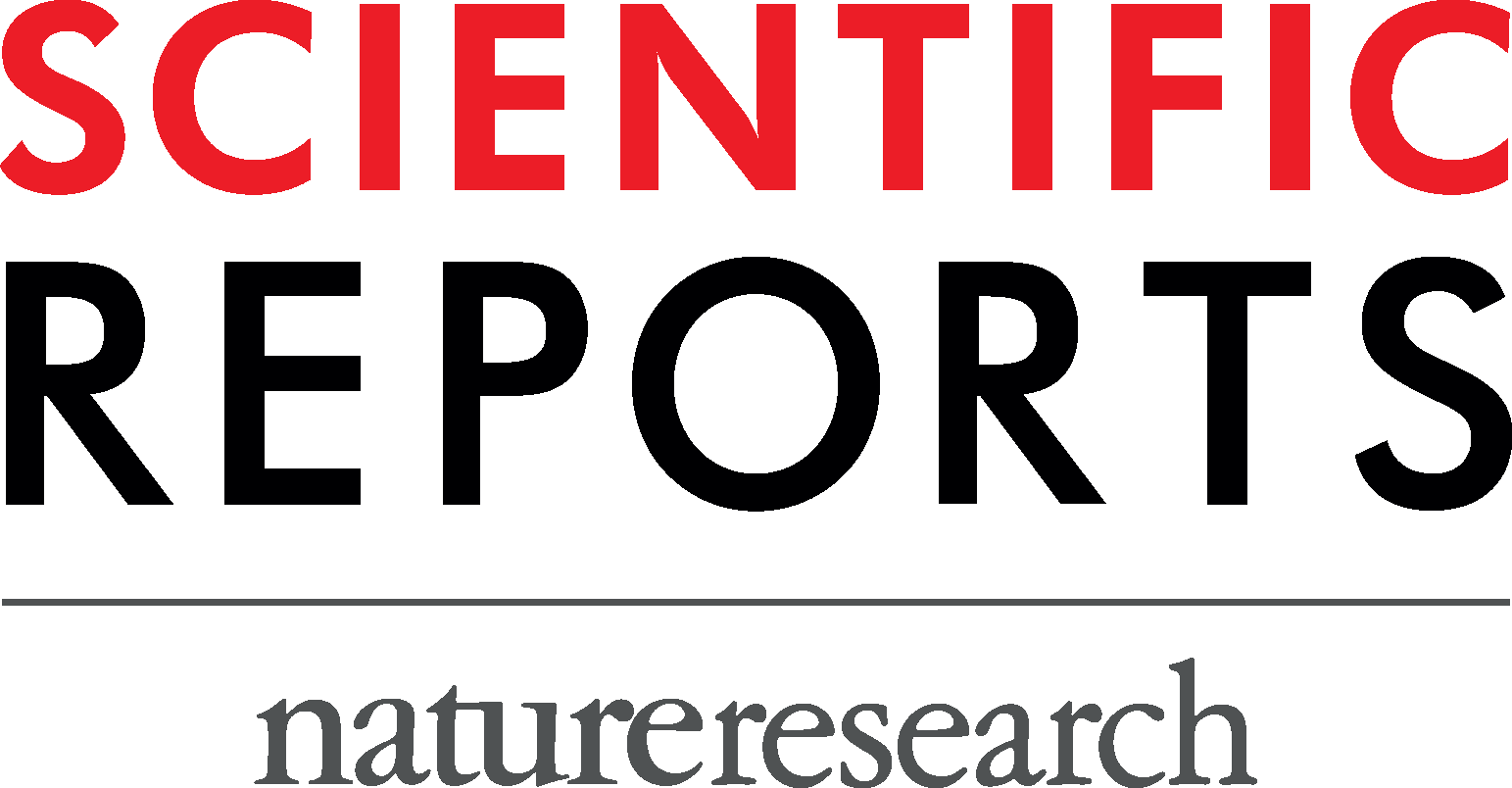 Title: Risk of African swine fever virus introduction into the United States through smuggling of pork in air passenger luggage
Title: Risk of African swine fever virus introduction into the United States through smuggling of pork in air passenger luggage
Abstract:
African swine fever causes substantial economic losses in the swine industry in affected countries. Traditionally confined to Africa with only occasional incursions into other regions, ASF began spreading into Caucasian countries and Eastern Europe in 2007, followed by Western Europe and Asia in 2018. Such a dramatic change in the global epidemiology of ASF has resulted in concerns that the disease may continue to spread into disease-free regions such as the US. In this study, we estimated the risk of introduction of ASF virus into the US through smuggling of pork in air passenger luggage. Results suggest that the mean risk of ASFV introduction into the US via this route has increased by 183.33% from the risk estimated before the disease had spread into Western Europe or Asia. Most of the risk (67.68%) was associated with flights originating from China and Hong Kong, followed by the Russian Federation (26.92%). Five US airports accounted for >90% of the risk. Results here will help to inform decisions related to the design of ASF virus surveillance strategies in the US.
Jurado C., Mur L., Perez-Aguirreburualde MS., Cadenas-Fernández E., Martínez-López B., Sánchez-Vizcaíno JM and Pérez A.
Allen D. Leman Swine Conference
 On Saturday, September 14 and 16, Professor Sánchez-Vizcaíno visited the University of Minnesota to participate as a speaker at the Allen D. Leman Swine Conference with this presentations:
On Saturday, September 14 and 16, Professor Sánchez-Vizcaíno visited the University of Minnesota to participate as a speaker at the Allen D. Leman Swine Conference with this presentations:
- "Global situation of ASF and the different epidemiological scenarios"
- "ASF Risk Analysis in Practice"
This conference is internationally acclaimed for bringing science-driven solutions to the complex challenges facing the industry. Each year hundreds of participants from over 20 countries attend the Leman Swine Conference.
Meeting between SUAT research group and IAS, CAAS to deal with ASF
On September 13, the Institute of Animal Science (IAS), Chinese Academy of Agricultural Sciences (CAAS), from Beijing, China visited the SUAT group led by Prof. JM Sánchez-Vizcaíno. The visit took place at VISAVET, where José Ángel Barasona and Estefanía Cadenas-Fernández (members of the group) exposed the most recent aspects of African Swine Fever.
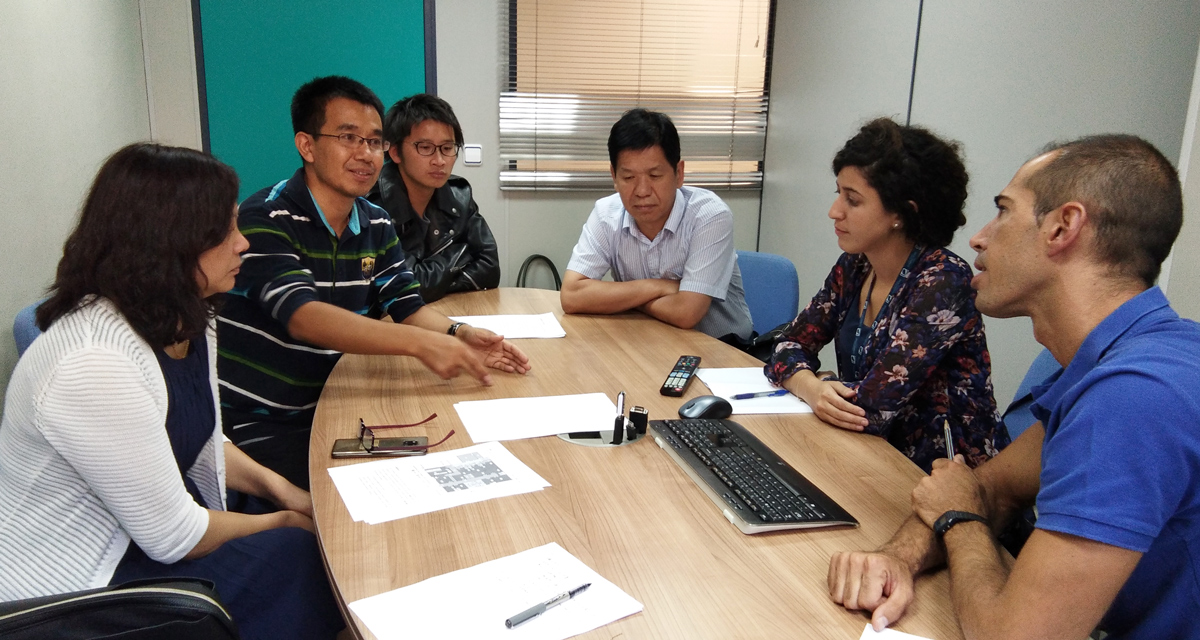
Frontiers in Veterinary Science new article
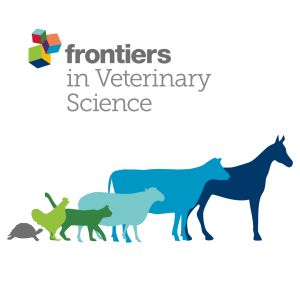 Risk of Introduction of Infectious Animal Diseases for Europe Based on the Health Situation of North Africa and the Arabian Peninsula is an open access research article.
Risk of Introduction of Infectious Animal Diseases for Europe Based on the Health Situation of North Africa and the Arabian Peninsula is an open access research article.
Abstract:
The pig plague
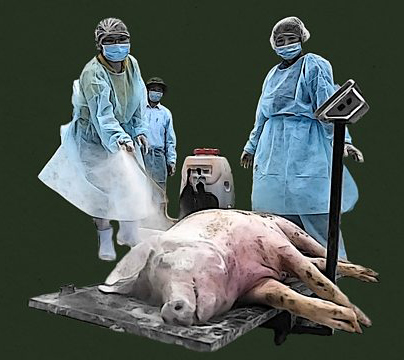 The BBC program The Food Chain interviews Professor José Manuel Sánchez-Vizcaíno.
The BBC program The Food Chain interviews Professor José Manuel Sánchez-Vizcaíno.



